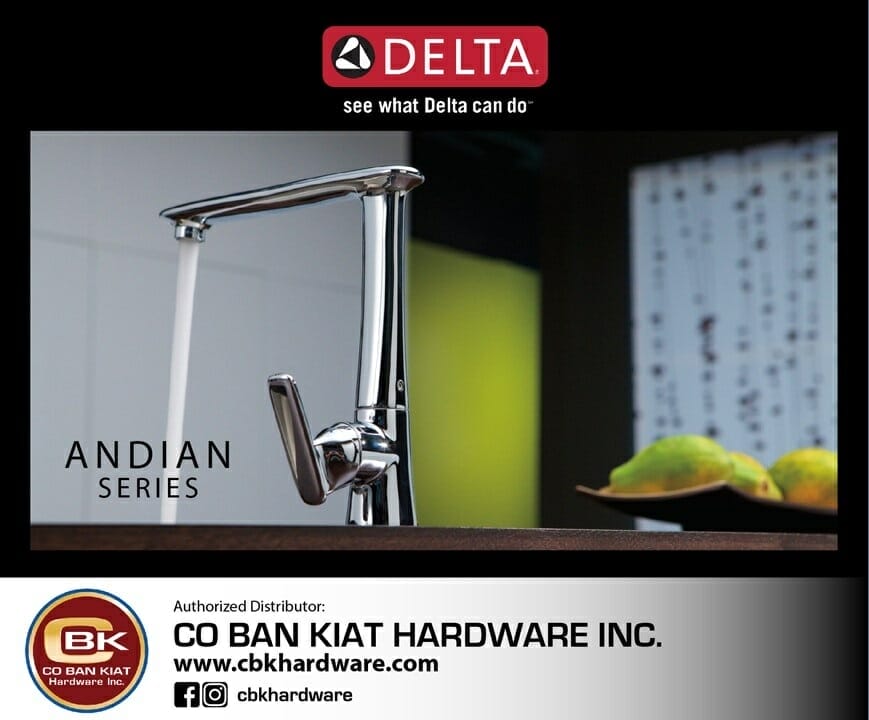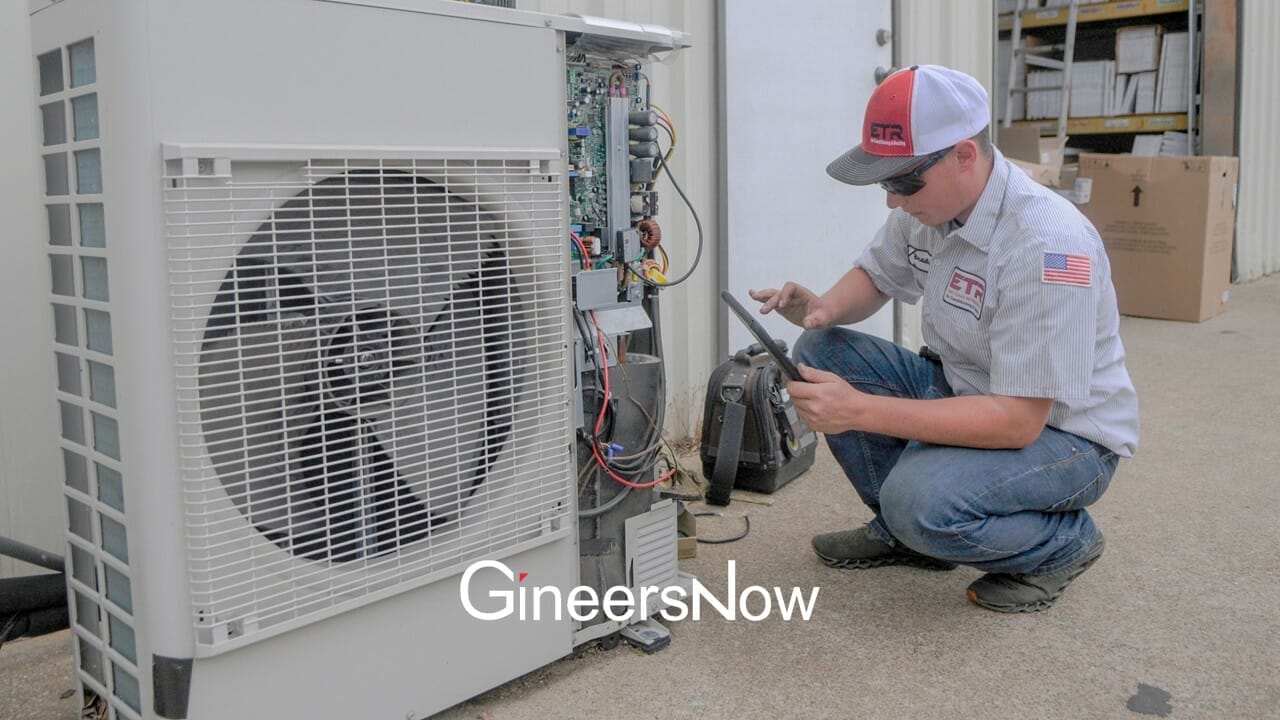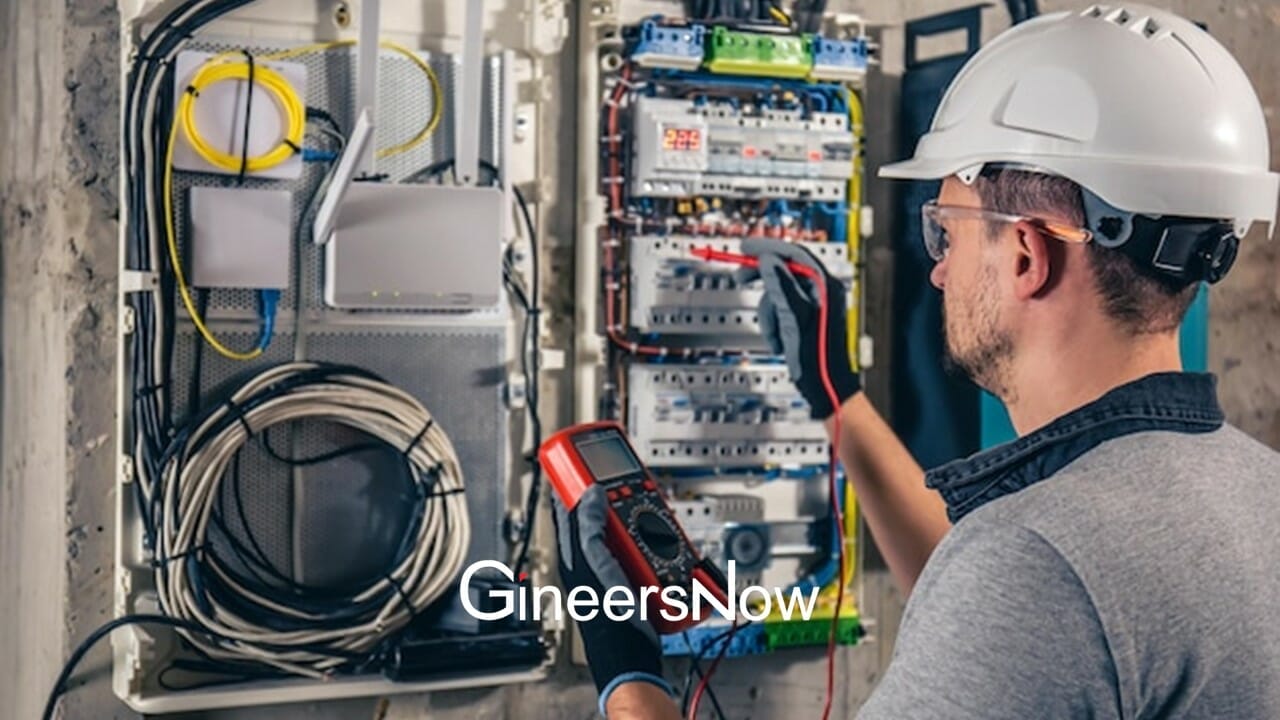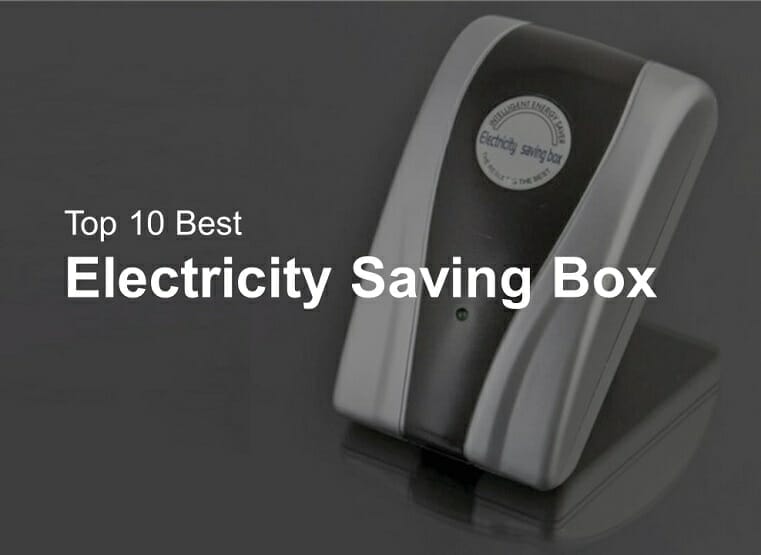There’s a steady drumbeat for providing the world’s poorest people with better access to energy / electricity to lift them out of poverty.
Curiously, it’s coming not from industrial and political behemoths, but from a nondescript cluster of brick buildings in suburban Detroit.
The first Industrial Revolution was a pivotal point in the modern history of humanity. Spurred by the ability to harness energy and to channel it to enhance production and manufacturing, the Industrial Revolution accelerated global industrial, economic and social progress. Those that had the opportunity to capitalize on energy as the new factor of production were able to take off and accumulate wealth, while those that were not as fortunate were left behind. As succeeding economic and Industrial Revolutions transpired, the fortune of the wealthy snowballed, while the condition of the poor remained stagnant.
The economic discrepancy among the world’s population can largely be ascribed to the disparity of access to energy, among other basic needs. As the Industrial Revolution has proven, energy is a significant enabler, and with access to cleaner, more dependable and sustainable energy, the poor will have better opportunities for health, education and livelihood, raising their standards of living and gradually lifting them out of poverty.
A culture of simplicity and altruism

Manoj Bhargava, the multi-billion Dollar entrepreneur known for “energizing” the world with his 5-hour Energy drinks, staunchly believes that providing the poor with better access to useful energy will make a positive impact on their lives. In this light, in 2011, he founded Stage 2 Innovations, a $100 million private equity fund dedicated to advances in water and energy technology.
Stage 2 puts premium in making its products as useful and as simple as possible, to be more accessible to a wider base of users that largely consists of the poor. Its vision is a world in which everyone has access to clean energy, pure water and adequate healthcare. Its mission is to develop and distribute technologies that are viable solutions to the energy, water and healthcare concerns of the ‘unlucky half of the world’.
Stage 2 does not let itself be distracted by the glare of profit. “I’m not thinking about competitors,” says Bhargava, “because this is not a business that intends to make a profit. Its purpose is to benefit humanity.” Though Stage 2 operates as a for-profit, Bhargava says that it does not make money. “For these projects that we’re working in to improve humanity, our business model is neither non-profit nor for-profit. Our model is zero-profit. We run the business like a for-profit, but we won’t make any money.”
Stage 2, however, led an odyssey before assuming its avowed role. “I’ve had umpteen failures,” says Bhargava, “I can’t tell you how many times something has looked great and then totally disintegrates. I’ve had a practice at failure. I’ve probably had 30-40 failures.” Bhargava recounts that from his past failures, he has learned to immediately move on and shake off the dust. In one instance, Bhargava recounts, a project in which he invested millions of Dollars failed. His team wanted to redress the errors, fix them and salvage the project in some way, but he vehemently refused. He wanted to dump everything related to that project and immediately move on to another that they can do next.
Bhargava believes that anyone dreaming of making great things must be prepared to face spectacular failures. “When years of your work explodes in front of your face, you just can’t take it personally. Immediately you have to get up and say ‘Okay, what’s next?’”
The Dawn of Change

Billions in Change, a global impact movement that addresses vital issues related to energy, water and health, is guided by a simple principle: bridge the basic needs of those who don’t have them, so they can provide for themselves, their families and their communities. Its focus is on employing solutions that create a positive social, environmental impact on the lives of billions of people around the world. With Bhargava at the helm, Billions in Change serves as the vehicle of implementation and distribution of products and technologies developed at Stage 2 Innovations.
Its primary concern is to serve what Bhargava calls the “unlucky half of the world” – those that, by no fault of their own, are born into poverty and circumstances that leave them with little opportunity to have sufficient livelihoods and a decent quality of life. Bhargava firmly believes in the vital role that sustainable energy plays in improving their living conditions. “Sustainable sources of energy,” says Bhargava, “are of huge importance to society, and will become increasingly important as global demands for energy increase.” He says that a progressive shift to renewable energy can avert serious health, economic and environmental issues, related to chronic air pollution and increased atmospheric CO2.
Against this backdrop, Stage 2 has been working on small- and large-scale renewable energy technologies that find a wide range of applications. “To meet the energy needs of rural households,” says Bhargava, “we sought to create a product that would allow people to generate their own electricity, free of pollution, free of fuel costs, free of utility bill and free of reliance on weather.” The product, aptly called Free Electric, is a stationary bicycle that charges a 12V battery as the user pedals (for more information, see side-bar ‘Free Electricity Cometh’). “When you bring light to people living mostly in darkness, when you remove dirty fuel oils that cause indoor air pollution, and when you eliminate the need to be connected to the grid when you can’t afford a utility bill, you open all kinds of doors of opportunity for health, livelihoods, education and entrepreneurship.”
Commenting on where they plan to distribute Free Electric, Bhargava says that his team will start in India and then move to other parts of Asia, Africa and beyond, depending on interest levels and whether they can find the right on-the-ground partners for distribution.
On a larger scale, Stage 2 is developing graphene cables that can conduct heat from the Earth’s core to the surface of the Earth to run turbines and generate electricity.
Billions in Change has been gaining ground, with its movie trailer having reached 177 million people, and website having attracted 65,000 people in 175 countries to sign up as volunteers. Even more people have signed up to receive its newsletter. “We hear daily from people across the globe saying they want Free Electric in their home or village,” says Bhargava, adding that, just this month, they have sent out the first shipment of the bikes, which will be piloted with a couple dozen households, schools and small businesses in rural India. “After a couple of months of testing, we’ll make any necessary improvements, and then will begin mass production and distribution in India this summer.”
Opportunity for all
The Industrial Revolution has shown that energy is a great enabler. It caused the exponential growth of the world’s wealth, and has made possible almost everything that we enjoy in our time.
While energy is the enabler, opportunity is the equalizer. The poor will remain poor, says Bhargava, until they’re given the opportunity to experience even the most elemental benefits of the Industrial Revolution. He believes that he who has the wealth has the duty to help those who don’t. Stage 2 and Billions in Change, together with their employees and volunteers, do not endeavor to undo what has unraveled in hundreds of years of history, but rather spark social change. By creating and implementing solutions to the most basic global problems – and making them available and accessible to as many people as possible – Stage 2 and Billion in Change hopes to raise billions of people out of poverty and improve the lives of everyone, rich or poor.
Engineers, make something useful but simple

Manoj Bhargava believes that engineers should be driven by the passion to invent useful but simple things. “When I hire new engineers, I don’t care about how many degrees they have or where they went to school. I ask them what’s in their garage. If they say ‘my car’, then I won’t hire them. Their garages should be filled with so many projects and things they’re inventing that there shouldn’t be room for a car.”
Utility is Bhargava’s primary criteria in considering an engineering idea. “If someone in my company comes to me with an idea, the first question I ask them is ‘Is it useful?’ And if so, ‘How is it useful?’” In case the idea fails at being useful, it better be entertaining. “If it’s not useful and it’s not entertaining, then there’s only one other option: it’s useless,” frankly says Bhargava.
“My advice [to engineers] is to not make something cool; instead make something useful,” says Bhargava. “Stay away from complexity; keep it as simple as possible. If your grandmother can’t operate it, you’re not there yet.”
Free Electricity Cometh

Free Electric is a stationary bicycle that, when pedaled, charges a battery. An hour of pedaling produces enough electricity to meet a rural household’s electricity needs for 24 hours. Being made from regular bicycle parts, Free Electric can be serviced by any bike mechanic should anything go wrong. It’s easy to operate, doesn’t require costly fuel inputs, doesn’t produce pollution, and doesn’t rely on whether the sun is shining or the wind is blowing.
Clean Water On Demand

Have you heard of a small machine that uses a distillation process to convert any type of polluted water into clean water suitable for drinking, agriculture, and industrial uses at a rate of 1,000 gallons per hour? Presenting, Rain Maker. It does not use membranes, so it won’t have problems with clogging. A single unit is small enough to fit in the back of a pick-up truck and could be used for small-scale water needs—like for a village or in emergency-response situations. To provide water to businesses, hotels, or municipalities, hundreds or thousands of units could run simultaneously.
Manoj Bhargava: The Unconventional Billionaire

Manoj Bhargava was born in Lucknow, India and at 14 moved to Philadelphia, Pennsylvania, where his father attended the Wharton School of Business to pursue a doctoral degree. He is the founder and CEO of Living Essentials (known for its 5-hour Energy product) and the founder of Stage 2 Innovations, which was created as an invention shop to develop and distribute products that could meet some of the most pressing needs facing humanity today in the areas of energy, water, and healthcare. With an estimated net worth of $4 Billion, Bhargava, in 2012, pledged to give more than 90% of his wealth to philanthropic causes.
Source: Billions in Change Free Electricity Campaign























